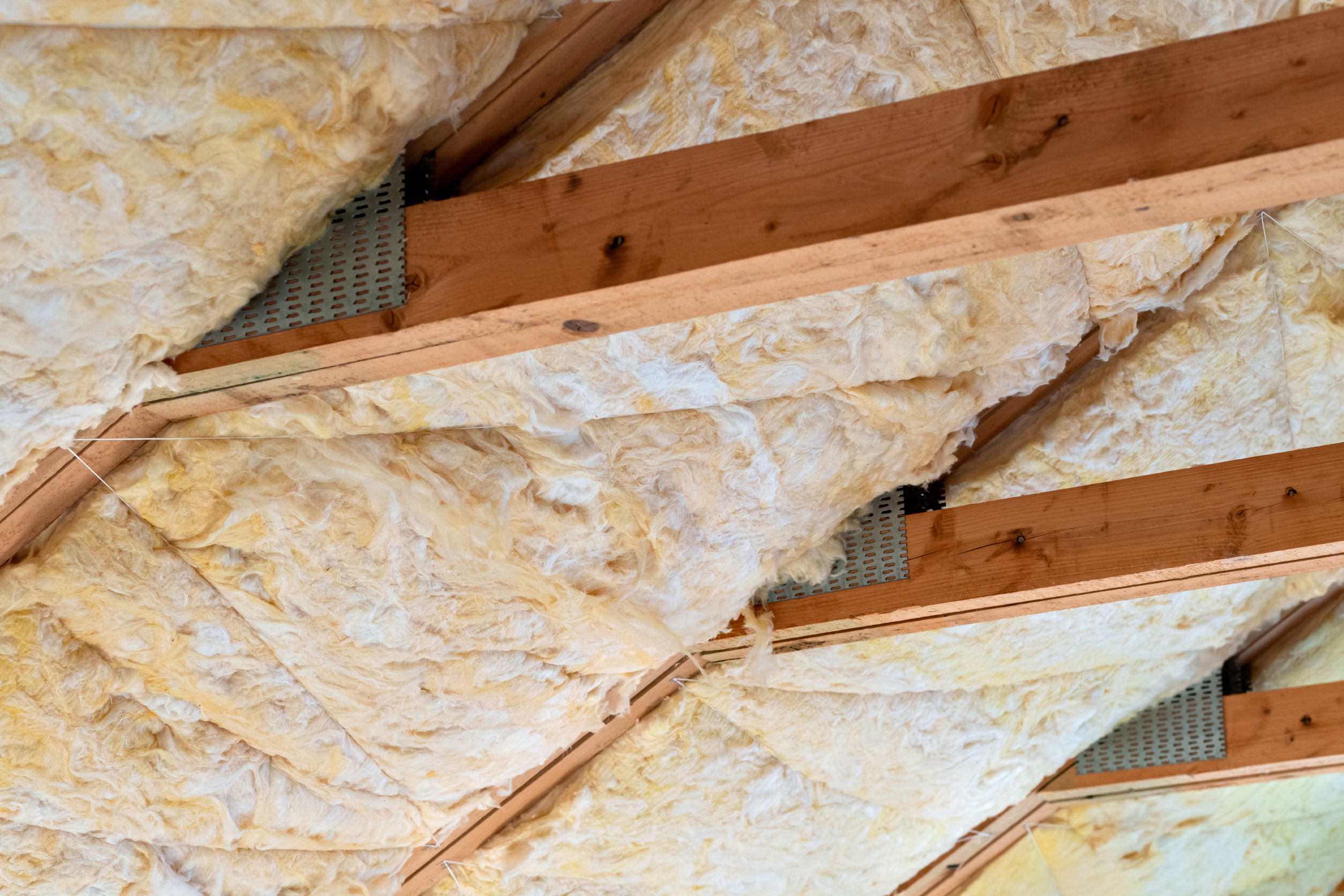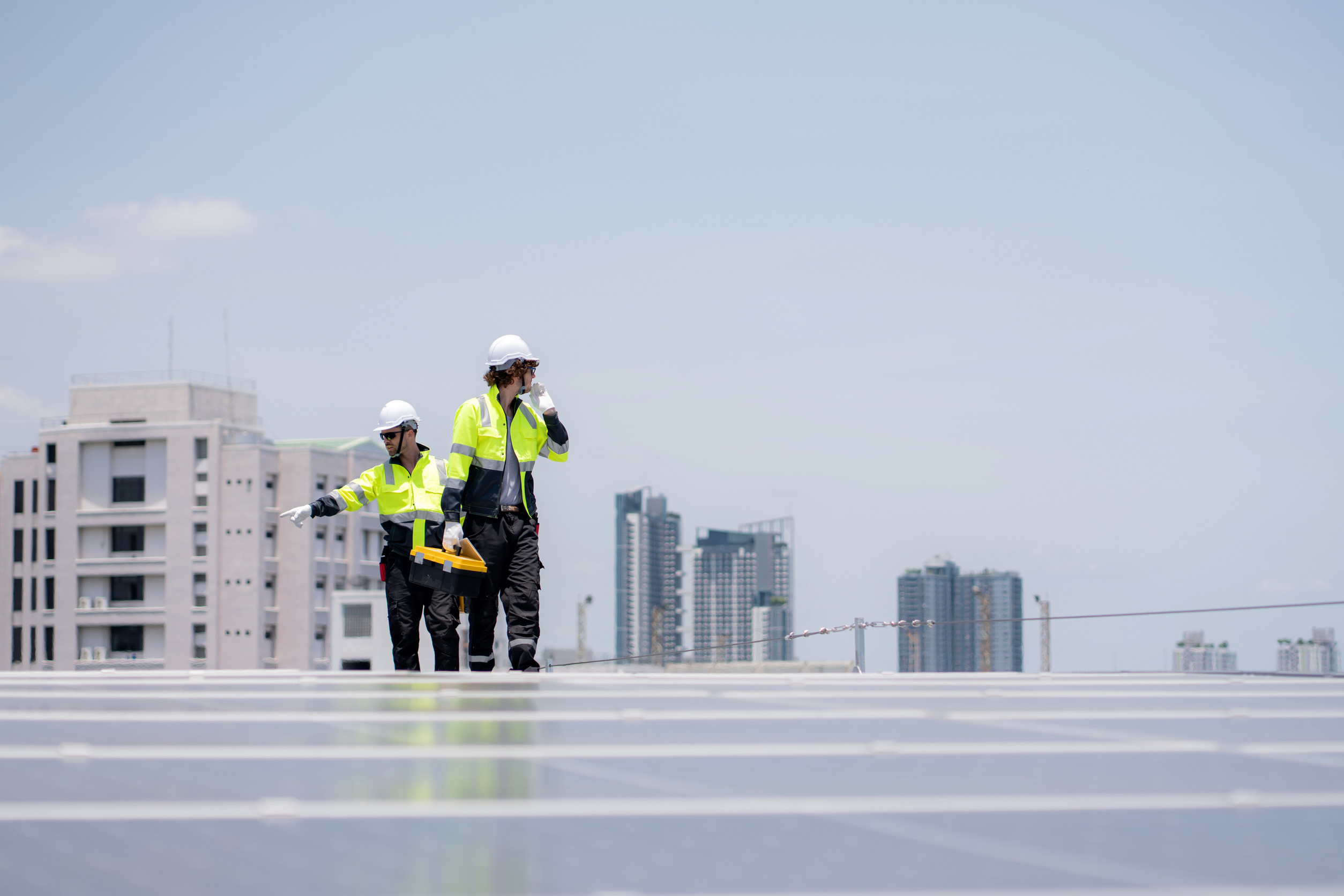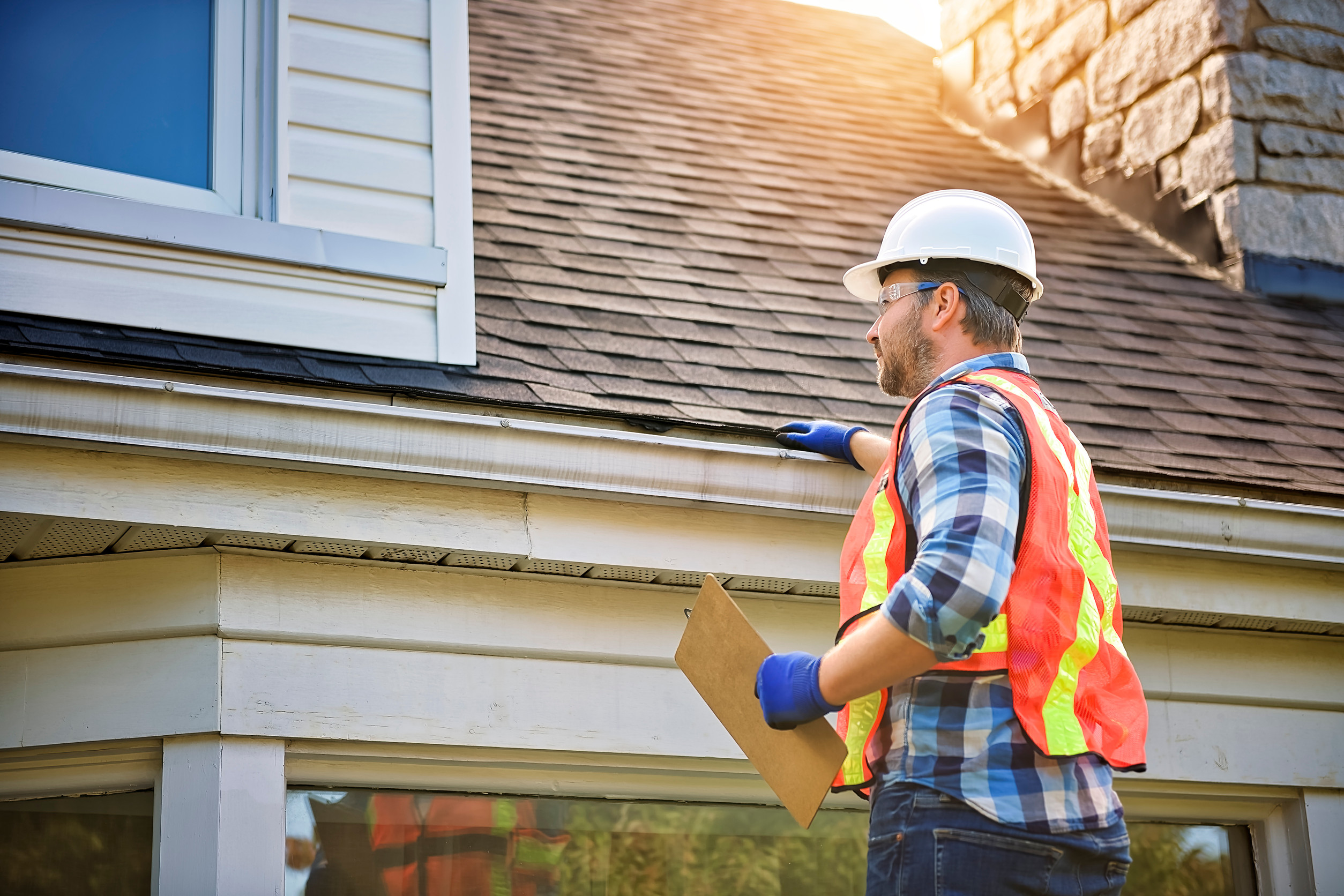How Much Does a New Roof Cost in 2025?
Planning for a new roof is a significant step in homeownership, and understanding the potential costs is the first and most crucial part of the process. While a precise quote requires an on-site inspection, you can get a clear idea of what to expect by breaking down the factors that influence the final price. In 2025, the cost of a new roof is shaped by a variety of elements, from the materials you choose to the complexities of your home's structure and your geographic location. This comprehensive guide will help you navigate these costs, ensuring you are well-prepared to make an informed decision for your home.
The average cost of a new roof installation can range significantly, but most homeowners can expect to pay anywhere from $7,000 to $14,500 for a full replacement with standard asphalt shingles on an average-sized home. However, projects can be as low as $5,800 or exceed $46,000 depending on the scope and materials. The most common way to measure roofing costs is per "square," which is a roofing industry term for a 100-square-foot area. On average, a new roof will cost between $400 and $1,100 per square. This investment not only protects your most valuable asset but can also significantly enhance its curb appeal and energy efficiency.
Key Factors That Influence Your Roofing Cost
The total price of your roofing project is not a single, fixed number. It's a sum of several variables, each contributing to the final estimate. Understanding these factors is key to getting an accurate and fair quote.
1. Roofing Material
The type of material you choose for your roof is often the single biggest cost driver. The market offers a wide range of options, each with its own benefits, lifespan, and price point.
- Asphalt Shingles: As the most popular and budget-friendly option, asphalt shingles are a go-to for many homeowners. They offer a balance of affordability, durability, and a wide variety of colors and styles. Expect to pay between $4 and $8.50 per square foot installed, with costs varying based on whether you choose basic 3-tab, architectural, or luxury shingles.
- Metal Roofing: Known for its longevity and low maintenance, a metal roof is a long-term investment. While the initial cost is higher, it can last 50 years or more. Metal roofs come in various styles and can cost anywhere from $7 to $40 per square foot, with standing seam systems on the higher end of that range.
- Wood Shakes and Shingles: Offering a classic, rustic aesthetic, wood roofs typically range from $6 to $16 per square foot. They require more maintenance than other materials and may not be suitable for areas with high fire risk.
- Tile (Clay or Concrete): Tile roofs provide a distinctive look and are extremely durable. They are also heavy and often require additional structural support, which adds to the cost. Installed prices for clay or concrete tiles can range from $10.70 to $30 per square foot.
- Slate: The most premium and longest-lasting option, a natural slate roof can last well over a century. Its beauty and exceptional durability come with a high price tag, typically starting at $20 to $35 per square foot or more.
2. Size and Complexity of Your Roof
The size of your roof, measured in squares, directly impacts the amount of material and labor required. However, it's not just about the total square footage. The complexity of your roof's design can significantly increase costs. A simple, low-sloping gable roof is far less expensive to replace than a multi-faceted roof with numerous hips, valleys, dormers, and skylights. A steep pitch also presents a safety challenge, often requiring specialized equipment and more time, which drives up labor costs.
3. Labor Costs
Labor is a significant portion of the total roofing bill, often accounting for 50% to 60% of the project's price. The cost of labor is determined by the local market, the complexity of the job, and the expertise of the roofing crew. A skilled and experienced team will often have a higher hourly rate but can complete the job more efficiently and to a higher standard. When searching for a contractor, it's important to find a team that is professional, insured, and has a strong local reputation. When you choose a professional and trustworthy company, you are investing in the quality and longevity of your roof. It's a great idea to check out a company's past work, like the gallery of completed residential and commercial projects, to gauge their expertise.
4. Tear-Off and Disposal
Before a new roof can be installed, the old one must be removed. The cost of "tear-off" depends on the number of existing roofing layers. Removing multiple layers adds time, labor, and disposal fees, which can range from $1,000 to $5,000. If your roof deck is found to have rotten or damaged sheathing underneath, those repairs will also add to the final cost.
5. Additional Components and Upgrades
A new roof is more than just shingles. The final cost includes a complete roofing system, which features:
- Underlayment: The layer of material installed beneath the shingles for added protection against leaks.
- Flashing: Metal strips used to waterproof areas around chimneys, vents, and valleys.
- Ventilation: A properly ventilated attic is crucial for a healthy roof. New vents can be installed or old ones replaced to ensure adequate airflow.
- Permits: Most roofing projects require a permit from the local municipality to ensure the work is up to code. Permit costs vary but typically range from $250 to $500.
All of these components are essential for a durable and long-lasting roof. Making smart choices here can improve your home's energy efficiency and prevent costly repairs down the road.
The Importance of Hiring a Reputable Professional
While it may be tempting to go with the lowest bid, a new roof is not the place to cut corners. Hiring a licensed, insured, and experienced roofing contractor is one of the most critical decisions you will make. A professional team will ensure the job is done correctly, following all safety protocols and building codes. They can also provide a transparent, detailed quote that outlines every cost, so you know exactly what you're paying for.
The quality of workmanship can be the difference between a roof that lasts its full lifespan and one that fails prematurely. An experienced roofer, like a trusted roofing contractor in Townsend, TN, knows how to handle unexpected challenges and ensures every detail is perfect, from the underlayment to the final ridge cap. This expertise is particularly important for complex projects, whether it's for a residential home or a commercial property.
2025 Roof Costs in Tennessee
The cost of a new roof is heavily influenced by your geographic location due to variations in labor rates, material supply chains, and local regulations. Tennessee is no exception. While the state offers some of the most beautiful landscapes and unique architectural styles, it also has a wide range of roofing costs depending on the specific city and regional market.
For 2025, the average cost of a new asphalt shingle roof in Tennessee is around $15,497. However, this average can vary by thousands of dollars from one city to the next. For instance, the average cost for a new roof in Nashville may be higher, around $24,533, while costs in cities like Knoxville and Memphis may be slightly lower, averaging around $23,637 and $20,809, respectively.
This data shows that while asphalt shingles remain the most cost-effective choice, materials like metal and tile are long-term investments that can provide superior durability and aesthetic value. For residents in the Sevierville area, working with a local and experienced team, such as the best roofing pros serving Sevierville, TN, can ensure you get an accurate estimate tailored to your specific needs and the local market.
Navigating the Bidding Process: A Step-by-Step Guide
Securing the best price for your new roof involves more than just collecting quotes. It’s about being an informed consumer and asking the right questions. Here’s a simple guide to help you navigate the bidding process:
- Get Multiple Estimates: Always get at least three detailed quotes from different roofing contractors. This allows you to compare prices and scope of work and helps you avoid overpaying.
- Verify Credentials: Before you even consider a quote, ensure the contractor is licensed, bonded, and insured. This protects you from liability in case of accidents or damage during the project.
- Check References and Reviews: A reputable contractor will have a list of satisfied customers. Ask for references and read online reviews. This gives you insight into their professionalism and the quality of their work.
- Review the Contract Carefully: A professional quote should be a comprehensive contract that includes the total cost, payment schedule, materials to be used, estimated start and completion dates, and a warranty for both materials and labor. Don't sign anything you don't fully understand.
- Understand the Fine Print: Look for clauses about unforeseen issues, such as discovering rotted decking. Know how these issues will be handled and how they might affect your final bill.
Taking these steps will empower you to make a confident decision and ensure your new roof is a quality investment. For more tips on maintaining your roof and preparing for a new installation, consider reading articles from a reliable source's blog.
Final Considerations: A Long-Term Investment
A new roof is more than just an expense; it's a critical investment in your home's future. A quality, properly installed roof protects your family and belongings, improves energy efficiency, and increases your home's overall value. While the upfront cost may seem high, the long-term benefits far outweigh the initial investment. A roof that is built to last can save you thousands of dollars in repairs and premature replacement down the line. By understanding the factors that affect the cost and taking the time to find a reputable contractor, you can ensure your new roof will be a source of security and peace of mind for years to come.
Frequently Asked Questions About New Roof Costs
1. What is the average cost of a new roof in 2025?The average cost for a new roof with standard asphalt shingles typically ranges from $7,000 to $14,500 for an average-sized home. However, this price can vary significantly based on your location, the complexity of your roof, and the materials you choose.
2. What factors most influence the total cost of a new roof?The most significant factors are the type of material you select (e.g., asphalt vs. metal vs. tile), the size and complexity of your roof (including its pitch and number of valleys or dormers), and local labor rates. Additional costs include the removal and disposal of old roofing materials, any necessary decking repairs, and the cost of permits.
3. What is the most affordable roofing material?Asphalt shingles are the most common and budget-friendly option. They offer a great balance of affordability, durability, and a wide range of aesthetic choices, making them a popular choice for most residential projects.
4. How long do different roofing materials last?The lifespan of a roof varies greatly by material. Asphalt shingles typically last 20 to 30 years. Metal roofs are a longer-term investment, with a lifespan of 50 years or more. Premium materials like slate can last well over a century.
5. What is included in a professional roofing quote?A detailed quote should include the cost of all materials (shingles, underlayment, flashing, etc.), labor, the tear-off and disposal of your old roof, and the cost of any required permits. It should clearly outline the scope of work and a payment schedule.
6. Do I need a permit to replace my roof?Yes, most roofing projects require a permit from your local municipality. This ensures that the work is performed up to current building codes and standards, which is essential for your home's safety and value. A reputable contractor will handle this process for you.
7. Can I save money by replacing my roof myself?While a DIY approach may seem like a way to save on labor, it is not recommended. Roofing is a complex and dangerous job that requires specialized knowledge, equipment, and training. Improper installation can lead to leaks, premature failure, and costly repairs, not to mention the risk of serious injury.
8. How do I choose a good roofing contractor?Always get at least three detailed quotes and check each contractor's credentials. Ensure they are licensed, bonded, and insured. Look for a contractor with a strong local reputation, ask for references, and carefully review their portfolio of past work to confirm their expertise.
9. Why does my roof’s complexity affect the cost?A more complex roof, with a steep pitch, multiple hips, valleys, or dormers, requires more time and specialized skill to install safely and correctly. This increases labor costs and may require more custom-cut materials, which can raise the overall price.
10. How long does a typical roof replacement take?For an average-sized residential roof, a complete replacement can typically be completed in one to three days, assuming no major issues like extensive decking damage are found. The timeline can be extended for larger or more complex projects.







